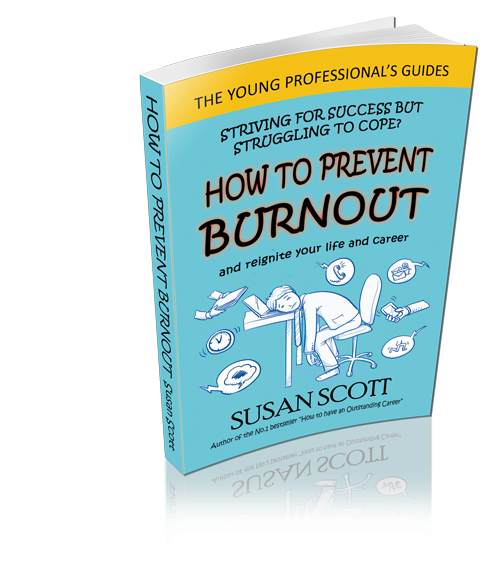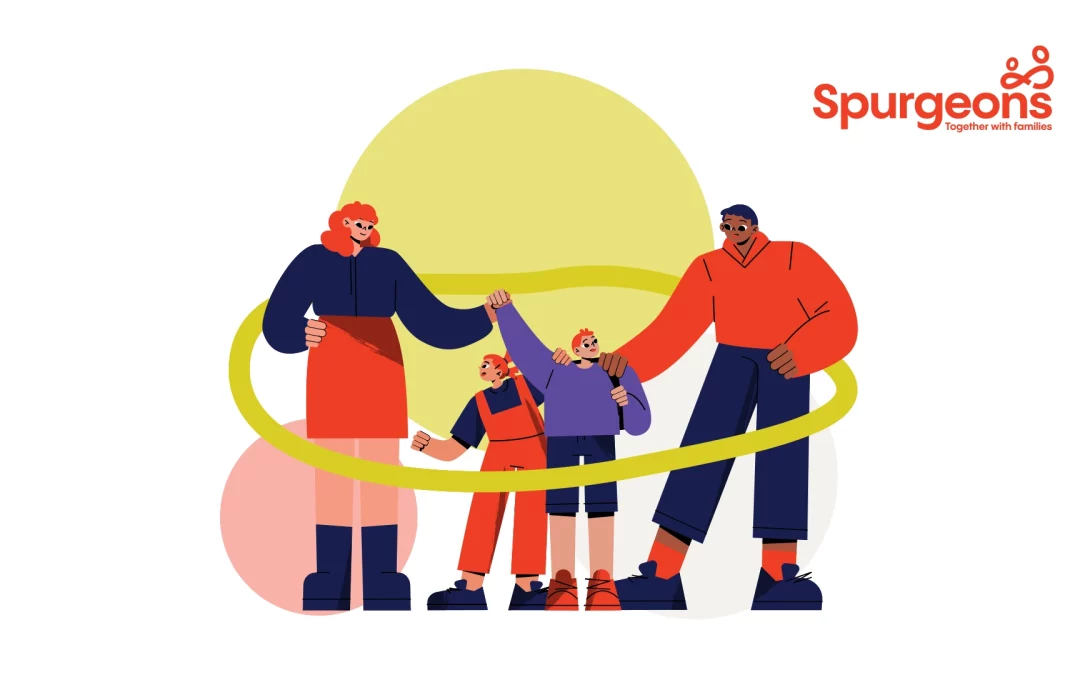Today, 1st November, is International Stress Awareness Day. If you or your partner are feeling stressed out, then this is a good time to step back and look at positive things you can do to ease the pressure, before it takes its toll on your physical or mental wellbeing. Susan Scott, former chairperson of the International Stress Management Association and author of two best-selling books: How To Prevent Burnout and How To Have An Outstanding Career, shares some of her top tips for learning to stress less…
1. Increase your personal stress awareness
Recognise the symptoms. These can be physical, emotional, behavioural or psychological. Consider what might be causing you to feel the way you do and what action might be required to address the causes. If you’re finding it hard to identify the causes, keep a stress diary recording the events that caused you to feel bad and how they made you feel.
2. Review your diet and lifestyle with honesty
What are you drinking, smoking and eating? Has this changed recently? If yes, and you’re drinking or smoking more or relying more on sugary carbohydrate foods to get you through the energy slumps then you need to make changes as this self medicating isn’t helping.
3. Balance your energy
Stress increases our demand for certain nutrients such as vitamins C, B, zinc and protein. It’s important to eat unprocessed foods to optimise your nutrient intake. Always have something to eat by 10am to balance blood sugar and drive up energy. Having some protein along with carbs at each meal, such as chicken, salmon, cheese, really helps to balance blood sugar and give you more sustainable energy.
4. Have a health MOT
The stress response raises blood pressure and cholesterol, leads to imbalances in your blood sugar response and strain on the function of the liver and kidneys. Get these checked out with your GP to ensure stress doesn’t lead to ill-health.
5. Take some time to switch off the on-button
Take time out during the chaos of the day to be on your own and practice a relaxation technique. Choose a quiet place away from people, where you can sit or stand quietly. Taking three deep breaths is a useful technique to reduce elevated stress hormones and lower a racing heart rate.
6. Take regular exercise
Book an appointment in your diary for some physical exercise such as a brisk walk at the local park, a cycle ride or a swim at a local pool at least three times a week. This is one of the best ways to use up excess stress hormones but it will only happen if you schedule it into your busy working life.
7. Make a resolution to manage your time more effectively
If you’re disorganised, make a to-do list. If you’re a perfectionist, identify a cut-off point or time allocation. Prioritise your workload and say ‘no’ if you’re in danger of over committing yourself. If you do this calmly but firmly stating the reasons why, you will not feel so guilty about it.
8. Deal with problems when they arise
The worse thing you can do is to let them fester. Burying your head in the sand will not make the problem go away, in fact it’s likely to become worse and the longer it goes on the more it plays on your mind, stressing you.
9. Switch off in the evening
But not with alcohol. Alcohol is a stimulant which upsets the sleep pattern. Digital technology is also a stimulant so have a digital sundown and switch everything off at least two hours before bed.
10. Don’t be afraid to ask for help
Speak in confidence to your manager or HR director. If you feel the processes are not in place for this then contact a specialist stress coach to help you identify what is really happening in your life and guide you to creating stress proofing strategies. The sooner you can overcome the stress-inducing pressures and build your resilience, the sooner you will be back working at full speed and optimising your performance.

Susan Scott is the author of two best-selling books, How To Prevent Burnout (October 2017) and How To Have An Outstanding Career (May 2017). She is also a nutritionist, business psychologist, mind and body expert, and is a former chairperson of the International Stress Management Association (ISMA). Find out more at youngprofs.net









